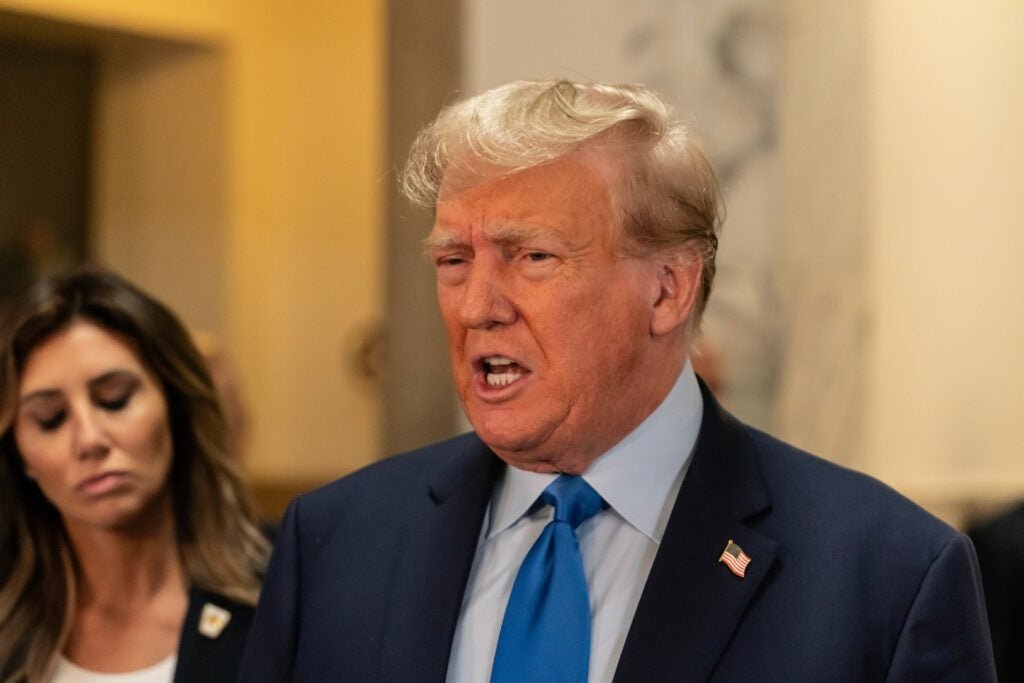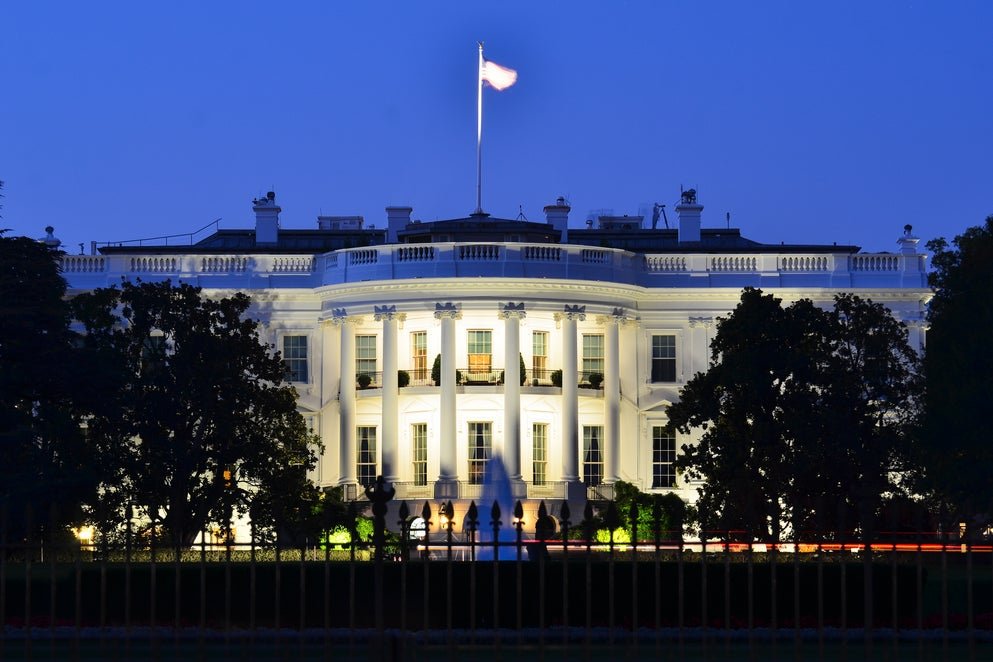Former President Donald Trump Reiterates Controversial Stance on NATO Defense
On Wednesday, Donald Trump reiterated his controversial stance that the United States would not defend any NATO ally that failed to allocate at least 2% of its gross domestic product toward military defense. Trump made these remarks at a rally in South Carolina, where he emphasized that if NATO allies were unwilling to meet their financial obligations, the United States would not provide protection.
According to Politico, Trump stated that after reviewing the defense budgets of each country, he found that none were meeting their financial obligations. He recounted an interaction where a head of a country questioned whether the U.S. would still protect them if they did not pay their bills, to which Trump responded, “That’s exactly what it means. I’m not going to protect you.”
Despite facing criticism from President Joe Biden and international allies, Trump’s comments have generally been met with approval, shrugs, or attempts to downplay his words by Republicans at home. However, Trump refrained from reiterating the most controversial part of his anecdote, where he suggested that he would endorse Russia taking actions against countries failing to fulfill their defense budget commitments.
President Biden called Trump’s comments “shameful” and “un-American,” while former President Barack Obama echoed Biden’s sentiments, emphasizing the importance of moving forward to maintain global stability and security.
In response to Trump’s remarks, German Chancellor Olaf Scholz reiterated Germany’s commitment to allocating 2% of its GDP towards defense spending for this year and the foreseeable future. Scholz emphasized that Germany would continue to invest in defense in the 2020s, 2030s, and beyond.
Overall, Trump’s comments on NATO defense spending have sparked a debate on international security and alliances, with differing opinions on the implications of his stance. As the conversation continues, it will be essential to monitor how countries respond to the call for increased defense spending and how it may impact global security dynamics.





